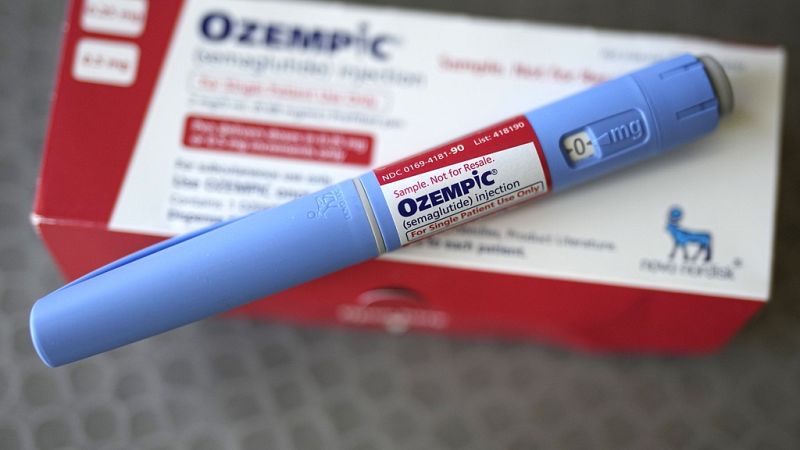Portugal Cracks Down on Weight Loss Drug Prescriptions to Curb Abuse

Portugal Restricts Prescription of Weight Loss Drugs and Blood Sugar Monitors
Portugal has implemented new restrictions on the prescription of weight loss drugs and glucose monitoring devices, citing concerns over their misuse. The move aims to address issues related to availability and proper usage of these medical tools.
Starting from a specific date, only doctors specializing in four medical fields will be authorized to prescribe GLP-1 receptor agonists such as Ozempic, Wegovy, and Mounjaro. These medications are primarily used to treat type 2 diabetes and obesity, as they help individuals feel full for longer by mimicking a natural hormone.
The demand for these drugs has surged, leading to shortages in the market. For instance, Ozempic, produced by Novo Nordisk, is approved in Portugal for treating type 2 diabetes but is highly sought after for its weight loss benefits. Meanwhile, Mounjaro (Eli Lilly) and Wegovy (Novo Nordisk) have approval for both diabetes and obesity treatment. In the first four months of 2025 alone, Portuguese consumers spent approximately €21 million on these medicines.
Glucose Sensors Face Similar Challenges
Glucose sensors have also seen increased demand among non-diabetic individuals, contributing to shortages in pharmacies. According to reports, these devices are often prescribed by doctors who do not specialize in diabetes care and are sought after by dieters, athletes, influencers, and even used for animals.
The Ministry of Health introduced the regulation in April, highlighting concerns about improper access and use of these technologies, which have impacted their availability for those who genuinely need them. The ministry stated that the decree aims to regulate and correct these issues, ensuring effective and adequate access to essential health tools.
Mixed Reactions from Medical Professionals
While the Portuguese Society of Diabetology (SPD) president praised the measure, some experts believe it may be too late and might not fully resolve the issue of limited access to these medications. João Raposo, speaking to Lusa news agency, expressed doubts about whether the measure would simplify or facilitate access. He noted that the number of prescriptions outside the designated specialties might not be significant.
Despite these concerns, Raposo emphasized that diabetics and doctors are not opposed to using these drugs for obesity treatment. However, he pointed out instances of "anomalous prescriptions" and a lack of monitoring for patients using these medications.
Health professionals stress that healthcare should not be subject to market forces, as the demand for these drugs is high among individuals seeking solutions. The situation highlights the challenges of balancing patient needs with the potential for misuse.
Financial Aspects and Black Market Concerns
GLP-1 agonist medications are reimbursed by the Portuguese state at 90%, while sensor reimbursement can reach up to 85%. This financial support underscores the importance of these treatments in the healthcare system.
In addition to prescription challenges, there is also a growing demand for these medicines on the black market, which raises concerns about counterfeiting and safety. The government's new regulations aim to mitigate these risks and ensure that these life-changing treatments are used appropriately and effectively.
Post a Comment for "Portugal Cracks Down on Weight Loss Drug Prescriptions to Curb Abuse"
Post a Comment